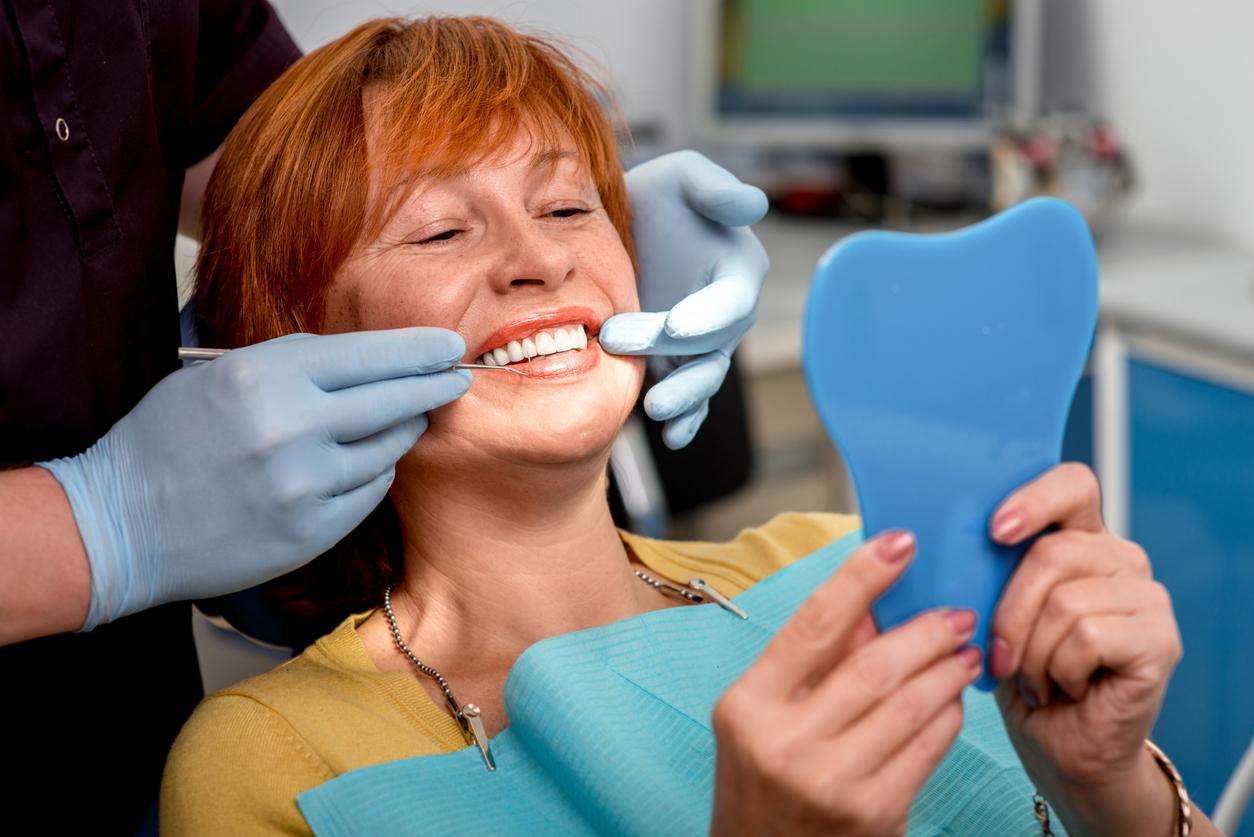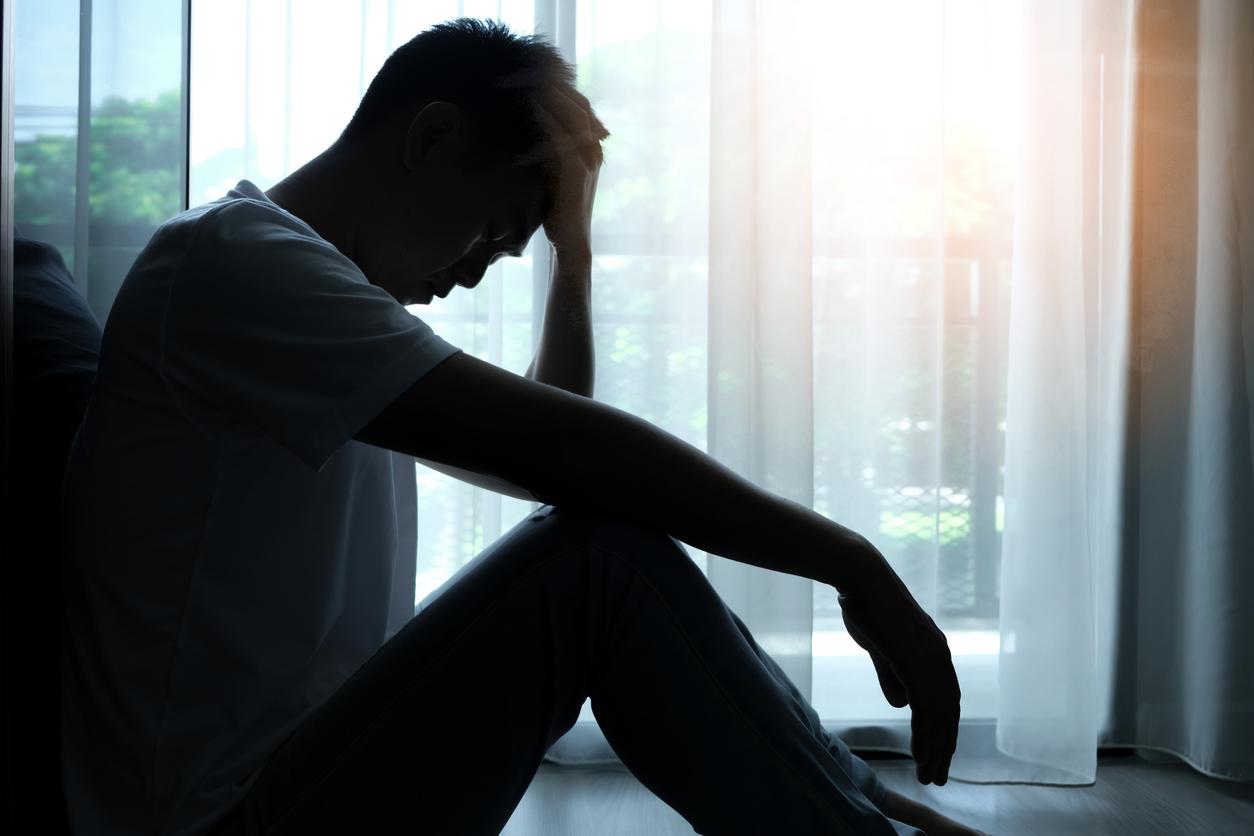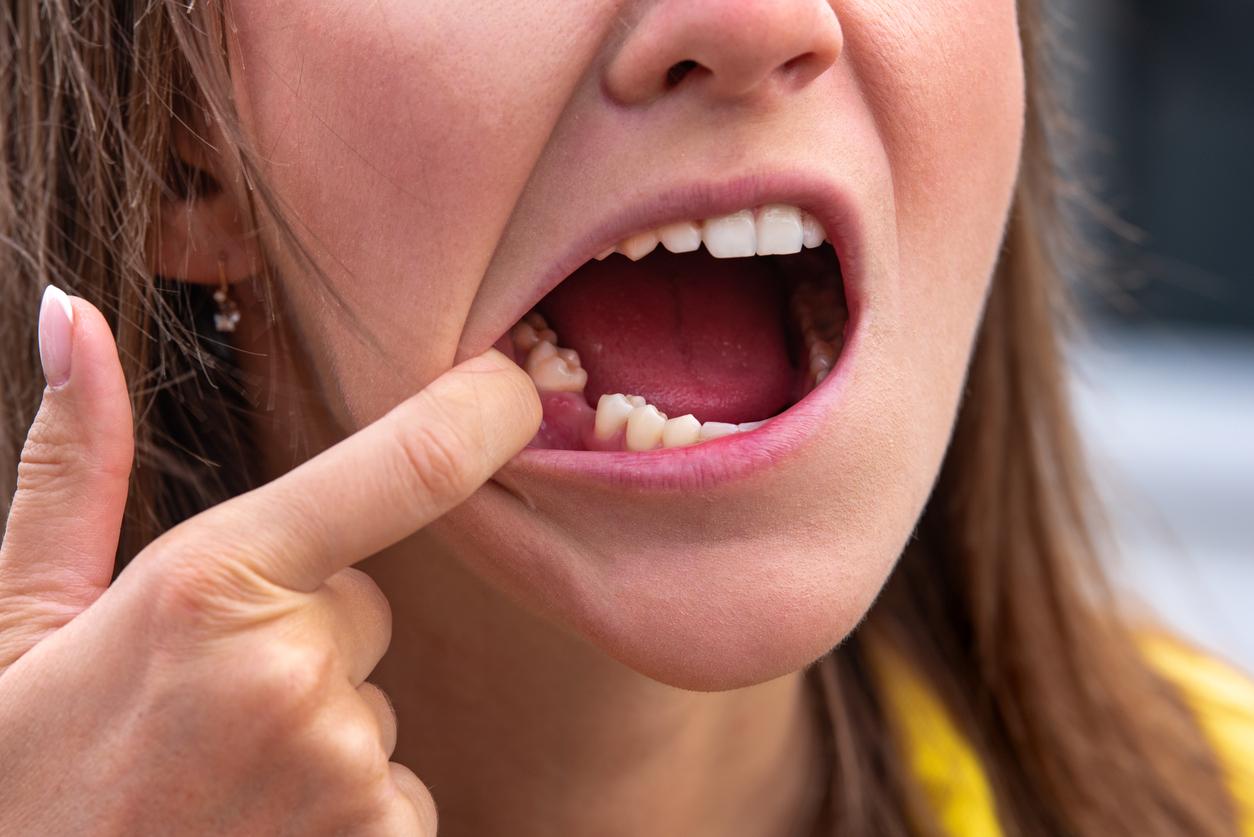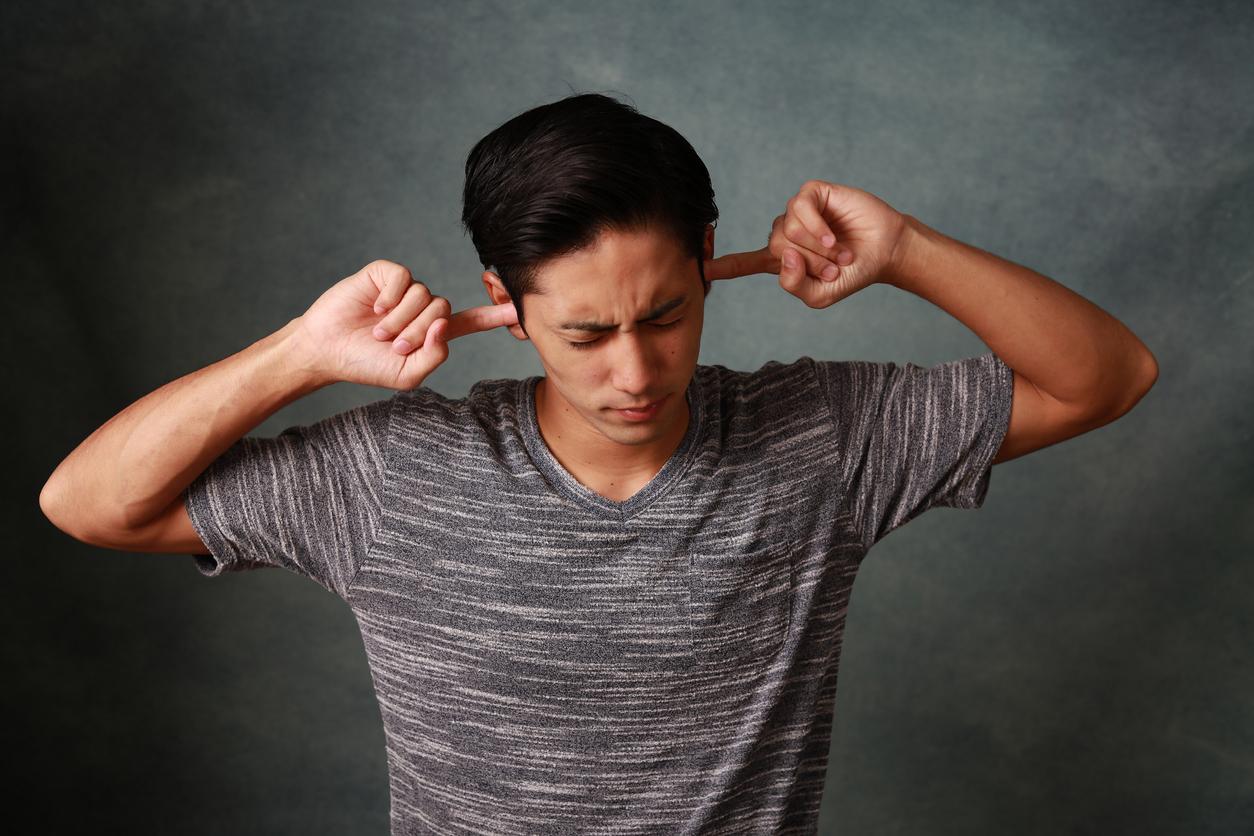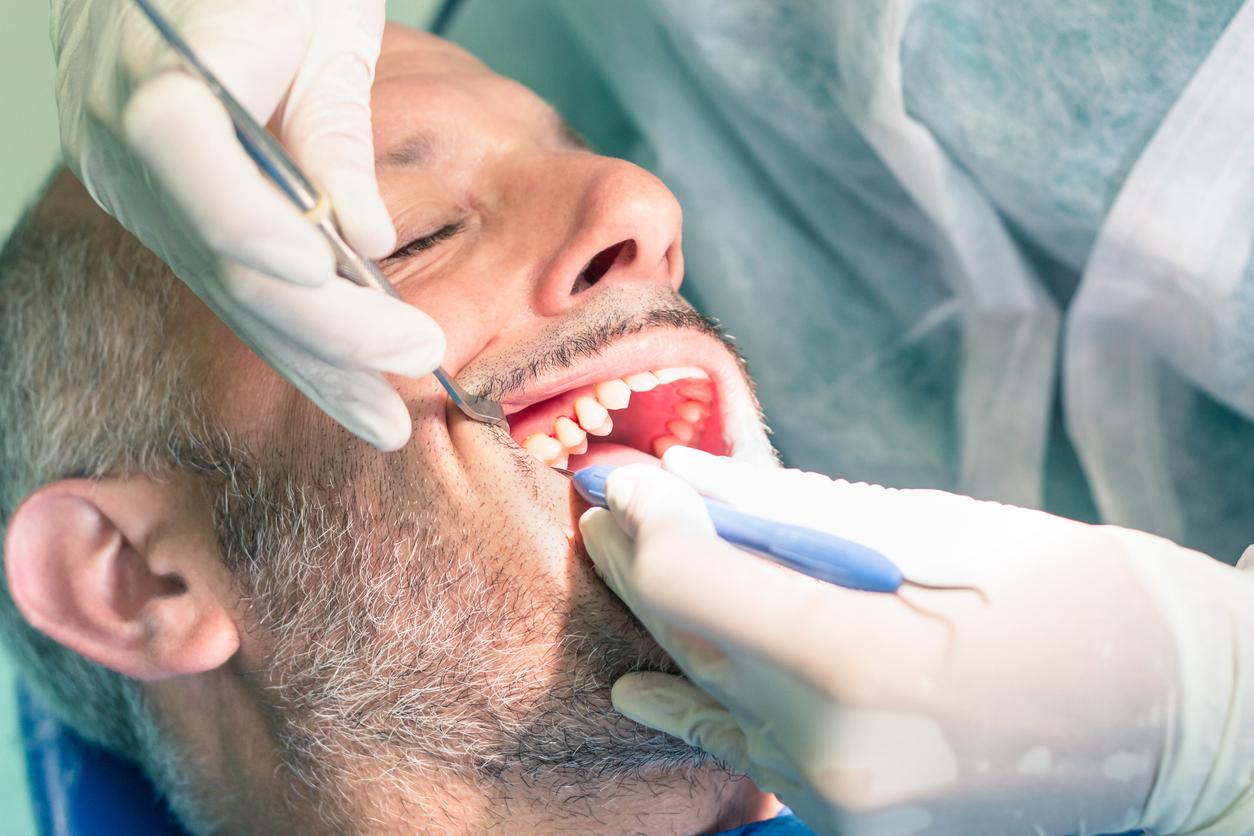Bruxism, a functional disorder that refers to involuntary grinding or clenching of the teeth, can lead to complications.
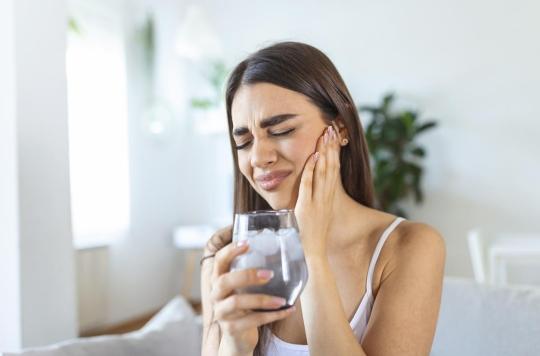
- The term was introduced for the first time by Marie Pietkewicz in 1907 by the word “bruxomania”, namely “activities of clenching the teeth and dental friction without functional purpose”
- Bruxism is one of the sleep disorders, characterized by undesirable behaviors that occur during falling asleep, sleeping and the waking phase.
Pathology unknown to the general public, bruxism is a functional disorder that causes involuntary grinding or clenching of the teeth, outside the chewing phases.
Between 5 and 20% of the adult population
There are two types of bruxism. Centered or daytime bruxism, which takes place more during the day, results in clenching of the teeth, and eccentric, nocturnal bruxism (80% of cases), which manifests itself in the continuous grinding of the teeth and jaw, sometimes loudly .
Bruxism has the function of dislodging the baby teeth, but if the crises continue in adulthood, this can lead to long-term complications: wear of the enamel of the teeth, loosening of the teeth, erosion of the dental crowns , but also headaches or pain in the jaw.
This problem, unknown but frequent, affects between 5 and 20% of the population, according to studies. Nocturnal bruxism affects children more (10 to 20%), while daytime bruxism appears with age.
“The Expression of Anxiety”
Several factors favor the emergence of teeth grinding – from alcohol consumption to visceral problems, through endocrine disorders or even tobacco. Sometimes it is due to misalignment of the jaws. But it is above all the psychological stress that is at the origin of bruxism. According to an article from Journal of Periodontology & Oral Implantologyindeed, “bruxism would be the expression of anxiety, difficulties encountered in life or even frustrations felt”.
solutions to prevent
Today, the best treatment for bruxism consists of the installation of gutters to protect dental wear, or more rarely, of anxiolytic drugs.
For prevention, people can opt for relaxation exercises, to be performed before bedtime, to reduce the harshness of bruxism. Certain essential oils can also help. In the same vein, reducing psychoactive substances (energy drinks or caffeine) is strongly recommended…







